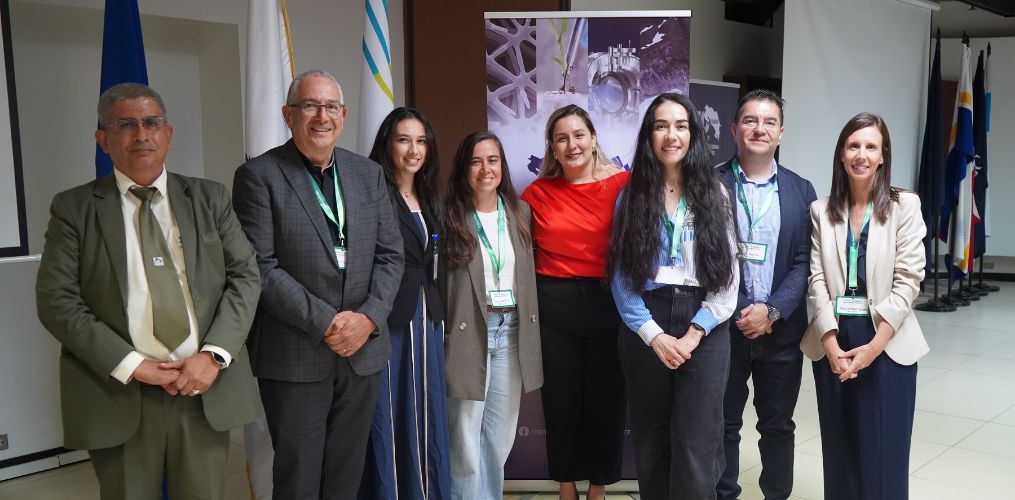
San José, Costa Rica, 18 September 2025. LifeWatch ERIC participated in the High-Level Meeting on Energy Transition and Climate Sustainability, organised by the Organization of Ibero-American States (OEI) at the Consejo Nacional de Rectores (CONARE). The event brought together regional and international leaders, as well as representatives from international organisations, embassies, universities, research centres, and civil society, to forge strategic alliances for accelerating the energy transition across Ibero-America and Europe.
Representing LifeWatch ERIC, Maite Irazabal delivered a presentation on the preliminary results of the EULAC ENERGYTRAN project, highlighting its contributions to strengthening collaboration between Europe and Latin America. Among the results presented were advances in open science practices, the use of digital research infrastructures, and the development of analytical tools that support evidence-based decision-making in climate and energy policies. These outcomes illustrate how European Research Infrastructures are fostering interoperability, data access, and collaborative workflows to address global sustainability challenges.
The project is currently piloting innovative approaches, including analytical workflows for the energy transition, e-learning courses, and virtual collaboration platforms, all designed to improve the accessibility, quality, and usability of large-scale environmental and energy data.
“By fostering collaboration across regions, we are building a more sustainable and resilient knowledge ecosystem,” said Maite Irazabal during her presentation. “The ENERGYTRAN project is not only advancing science and innovation but also creating the conditions for more inclusive and impactful solutions to today’s environmental challenges.”
The participation of LifeWatch ERIC in this meeting marked another step towards reinforcing its long-term engagement with Latin America and the Caribbean, positioning open science and research infrastructures at the core of international cooperation for sustainability.